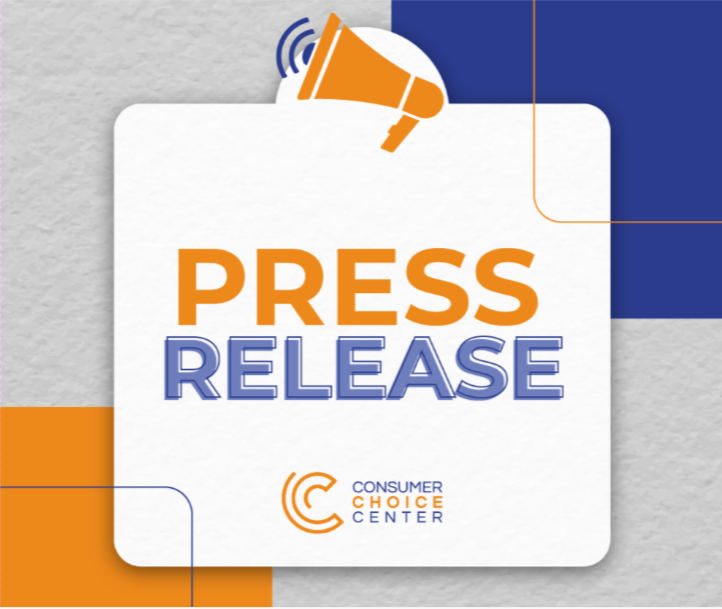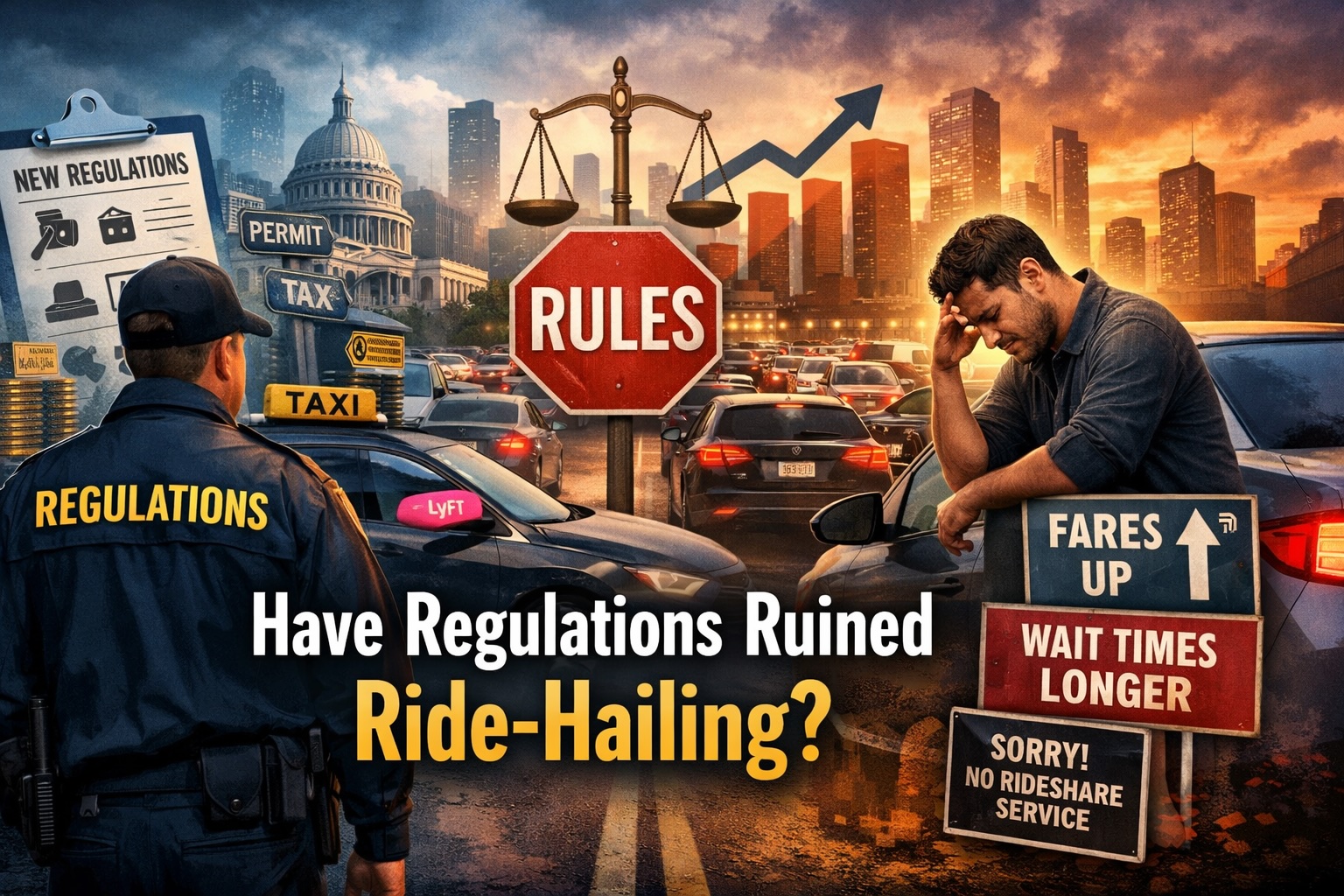This week, the Consumer Choice Center submitted comments to the Federal Communications Commission on its proposal to reconfigure parts of the 900 MHz band, opposing the effort that would end up granting exclusive use for one specific company.
The lower end of the 900 MHz band is popular with open-source radio projects, amateur radio operations, and next-level drone and spectrum technologies, and has remained free and open to use. We believe that reconfiguring use of the band would harm these projects, as well as future innovation that depends on this end of the band.
Personally, as an amateur radio operator (KM4DDV) and enthusiast for LoRa radio devices, I believe consumers would benefit from an open and free band in this specific part of the spectrum, and innovators would be able to continue to create without concern for specific licensing. As an organization, we also believe this would help to protect innovation and choice for users and consumers who rely on this frequency for free play, experimentation, and creative products for the future.
Here is our letter to the FCC on this issue (also available on the FCC website):
As a consumer advocacy group that champions smart policies that are fit for growth, promotes lifestyle choice, and embraces tech innovation, the Consumer Choice Center files its comments today in opposition to the proposed rulemaking to reorganize and reconfigure the 902-928 MHz band in order to assign licensing conditions to NextNav for exclusive use.
While we do believe that our national spectrum policies should promote innovation, as well as deliver fair rules and licensing for entrepreneurs to offer great services to consumers, we take issue with the exclusive capacity this rulemaking would create that would hinder active participants and citizens who currently use this band, disrupting our open access to technology we enjoy.
The existing open spectrum on 900 MHz has thus far enabled hobbyists and amateur radio operators such as myself (callsign KM4DDV), as well as decentralized LoRa (Long Range) technology devices used in off-grid communication, and other commercial users, to experiment with open-source technologies and applications.
The band as it exists today has also enabled the growth of IOT broadcast signals, garage openers, security monitoring, drone flight paths, as well as experimental commercial applications as much as LoRa devices or amateur radio broadcasts.
A growing community of hobbyists and enthusiasts have benefited from an open band of spectrum in order to communicate with each other, test various devices, and ensure a free and open “net” for our own amateur radio communications.
As such, we would ask the FCC to reconsider its rulemaking to create a more balanced approach that would not discriminate against open-source projects, nor endanger the vital emergency services offered by amateur radio operators. Granting exclusive use would cause severe interference and create an inequitable spectrum policy that would advantage one particular company over potentially thousands of amateur users, as well as up-and-coming startups and companies.
Sincerely yours,
Yaël Ossowski (KM4DDV)
Deputy Director, Consumer Choice Center




